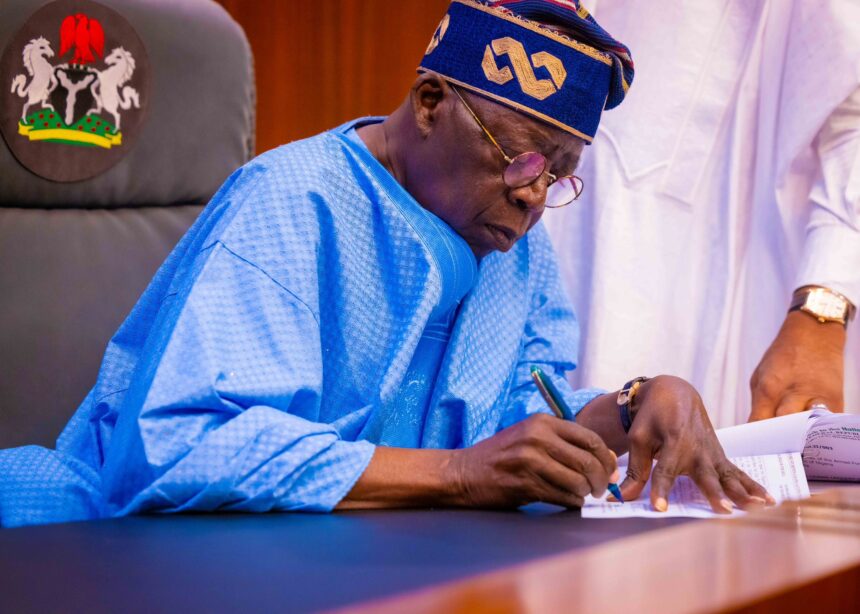In a major move to transform Nigeria’s education system, President Bola Tinubu has approved a comprehensive set of policies aimed at improving learning outcomes, increasing enrollment, and enhancing the overall quality of education across the country.
The new initiative, dubbed “DOTS,” is an acronym representing four key focus areas: Data Repository, Out-of-School Children Education, Teacher Training & Development, and Skill Development & Acquisition.
“This is a watershed moment for Nigeria’s education sector,” said the President’s Special Adviser on Media and Publicity, Chief Ajuri Ngelale. “President Tinubu is committed to resetting learning and connecting the dots for a significant improvement in our education system, in line with the Renewed Hope Agenda.”
The centerpiece of the reforms is the establishment of a National Education Data System, which will conduct a nationwide census of all schools, teachers, and students. This data will be hosted on a centralized portal, allowing the government to monitor progress in real-time and implement targeted interventions.
“Currently, we lack coordinated, verifiable data on the education sector, which is critical for effective planning and policymaking,” Ngelale explained. “This new system will provide the necessary information to guide federal and state-level interventions, especially for out-of-school children, girls, and those with learning disabilities.”
In addition to the data repository, the government will also intensify efforts to educate and train the estimated two million out-of-school children in Nigeria. The Ministry of Education is already spearheading these initiatives, and the new policies aim to further expand their reach and impact.
Recognizing the vital role of teachers, the reforms will also focus on professional development and support, with a particular emphasis on digital skills to facilitate the integration of technology in classrooms across the country.
Furthermore, the President has approved the National Skills Framework, which will ensure that students at all levels of education acquire the relevant skills, knowledge, and values to thrive in the 21st-century global economy.
“By addressing skill gaps, improving the quality of education, and tackling unemployment concerns, this framework will empower generations of Nigerians with the aptitude to meet the evolving needs of the modern workforce,” Ngelale stated.
The comprehensive nature of these reforms underscores President Tinubu’s commitment to transforming Nigeria’s education landscape and equipping the country’s youth with the tools they need to succeed in the years ahead.









